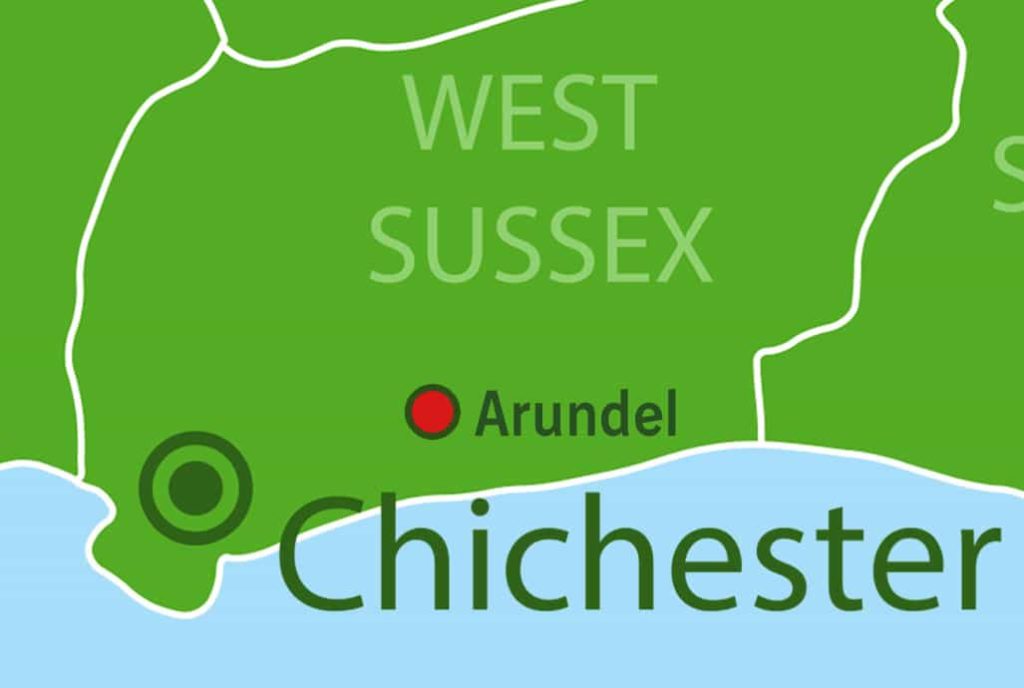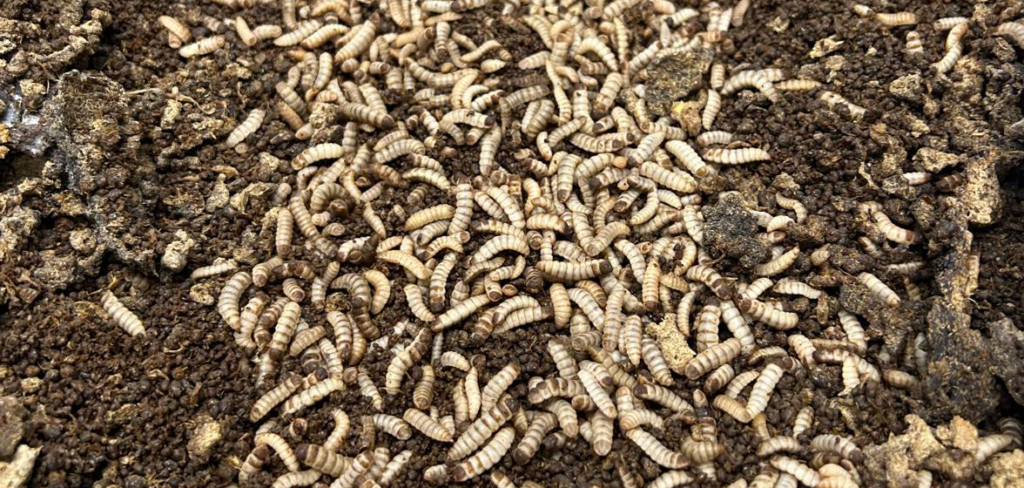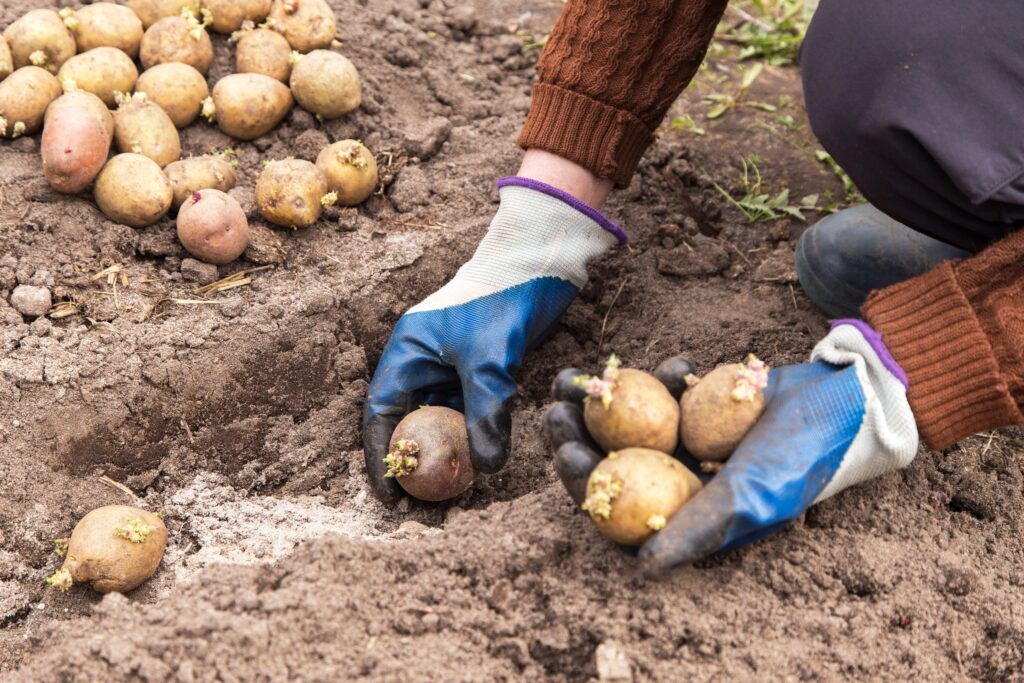
The West Sussex Waste Partnership (WSWP) is hoping to test food waste collections in the county and is looking for one rural and one urban district or borough council to be involved in a “robust” trial.
But Chichester says it cannot be certain that the Resources and Waste Strategy – which was released by Defra in December and sets out requirements for local authority food waste collections – will be acted upon. It also has concerns about finding money for the food waste collections after the initial WSWP-funded trial has ended.
As such, Chichester’s cabinet earlier this month approved a recommendation by the council’s waste and recycling panel to not take part in West Sussex’s trial.
‘State of flux’
Councillor Eileen Lintell, leader of Chichester district council, said: “I think it is right not to take part in this at the moment – the government is in a state of flux and we do not know what they are going to come out with.
“It would be foolhardy of us to commit lots of revenue to this until we know exactly what the government are going to do.”
“It would be foolhardy of us to commit lots of revenue to this until we know exactly what the government are going to do.”
She added: “We are not saying that we do not believe in food waste collection but the time is not right at the moment.”
Councillor Penny Plant, cabinet member for environment and Chichester contract services, explained that the waste and recycling panel had been aware of the draft Resources and Waste Strategy when it made its recommendation.
Cllr Plant said: “The panel decided to continue its support of the county waste partnership and to learn from the experience and analysis of the trial results, but to allow two other districts or boroughs to participate in the trial itself.”
Strategy
The Resources and Waste Strategy states that from 2023 all local authorities will be required to provide separate weekly food waste collections to households. It commits to resourcing local authorities to meet both up-front transition and on-going operational costs of these services.
However a spokesperson for Chichester council said the WSWP trial food collections would involve collecting food waste weekly, dry recycling fortnightly and general waste once every three weeks, meaning changes would have to made to the current waste collection service.
They added: “We are concerned that this could be confusing for residents, and feedback from the government following their Waste Strategy Consultation is that this waste collection system is unlikely to be a requirement.”
Incentive payments
Funding was also a concern for Chichester when choosing whether to take part in the trial.

The spokesperson for the local authority explained: “Although West Sussex county council has agreed to fund the trial, they have not committed to fund the service once the trial is finished. At present, we have no way of paying for this service once the trial has ended.”
A drop in revenue from recycling incentive payments paid to collection authorities by West Sussex county council was also cited as a reason for not joining.
Chichester lost £86,000 in recycling incentive payments in 2019/20 and says it has been advised that funding pressures mean further cuts to these payments will be considered for the 2020/21 budget.
A report given to the cabinet notes that “the W&RP were keen to understand the position with regard to the payment of recycling credits prior to making a decision on the food trial”.
West Sussex districts and boroughs are in the process of negotiating a revised recycling incentive payment. The report to cabinet also noted that a potential Extended Producer Responsibility system could provide local authorities with more revenue, but suggested this money may go to disposal authorities rather than collection authorities like Chichester.











Subscribe for free